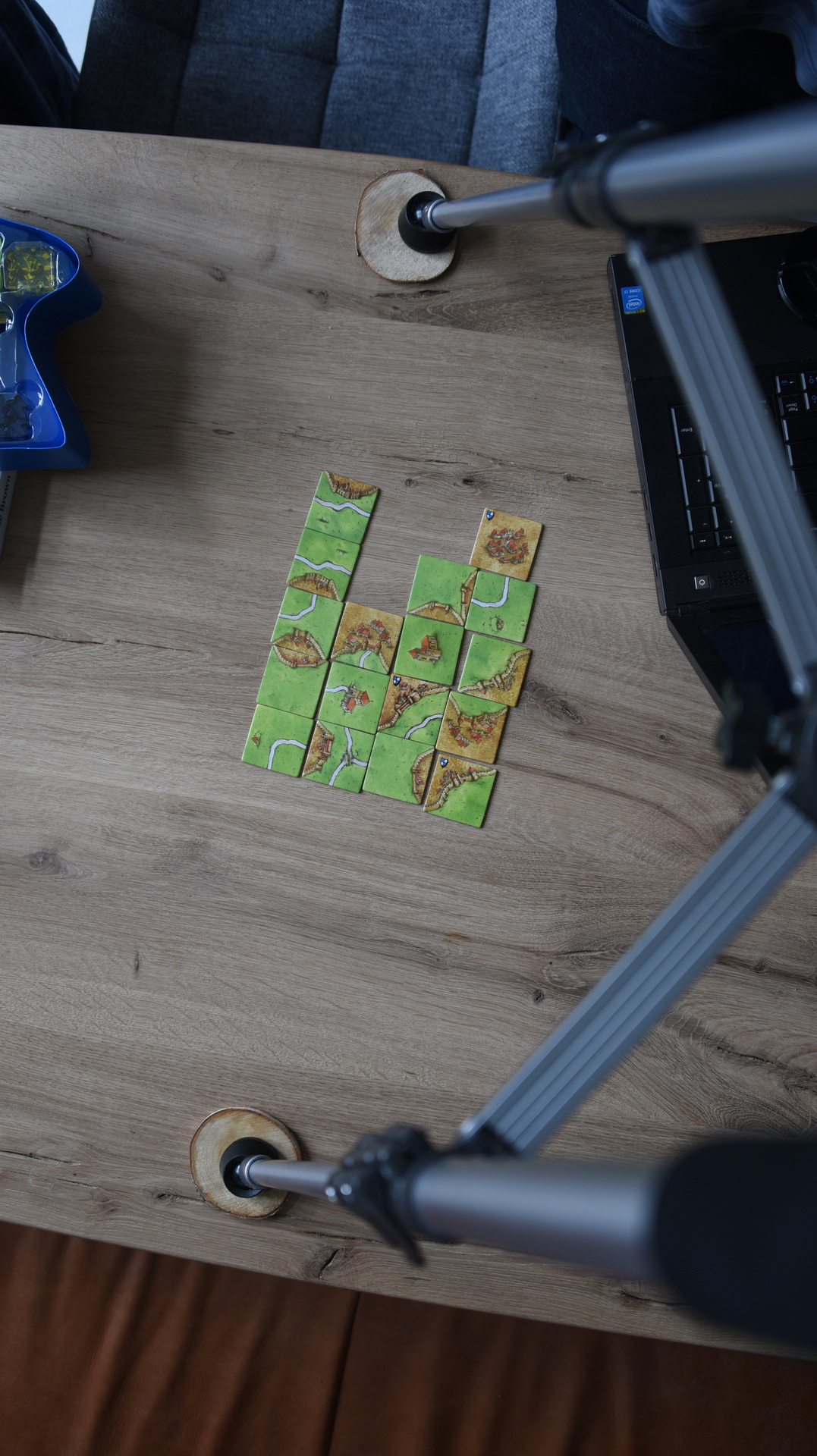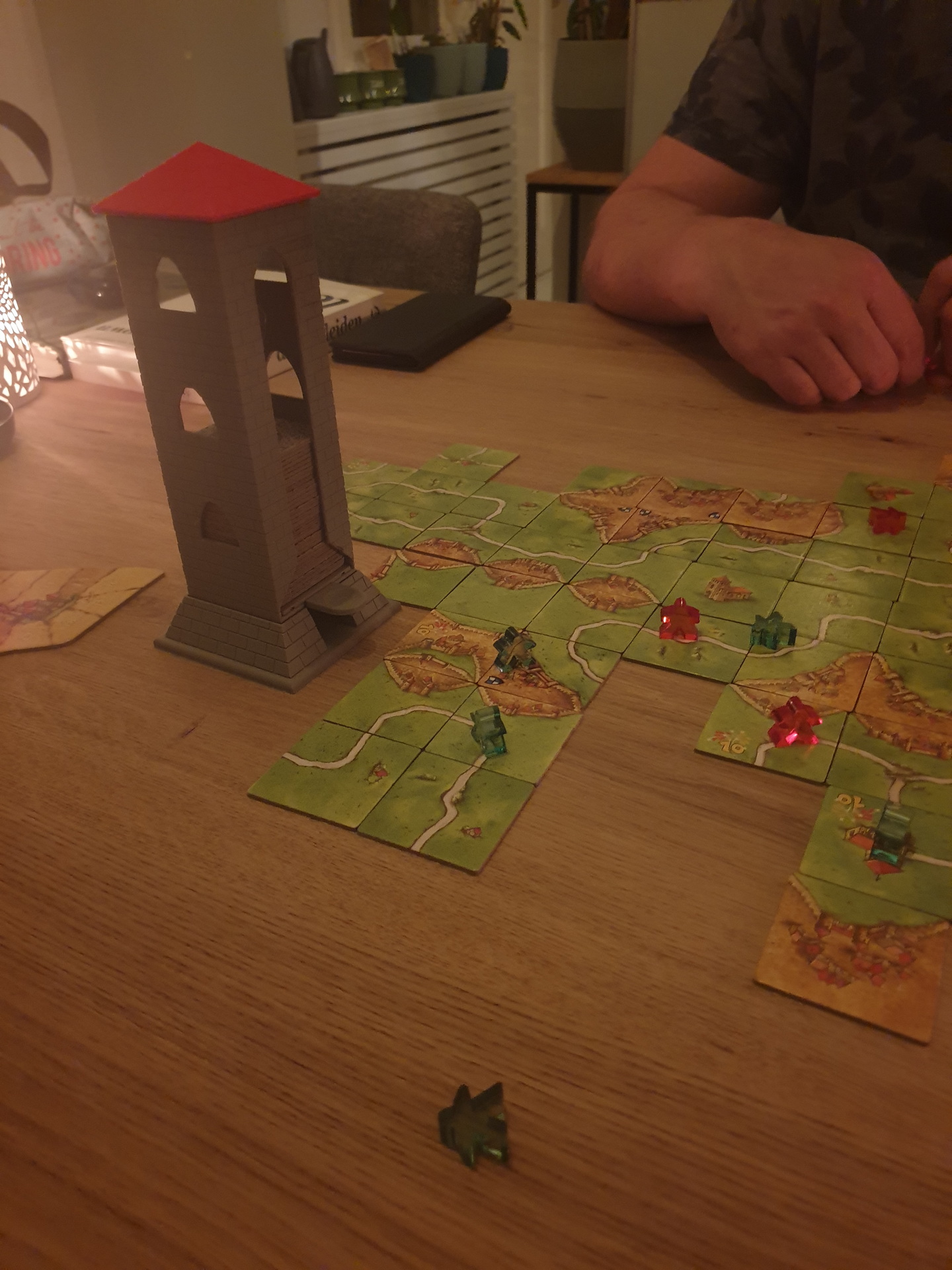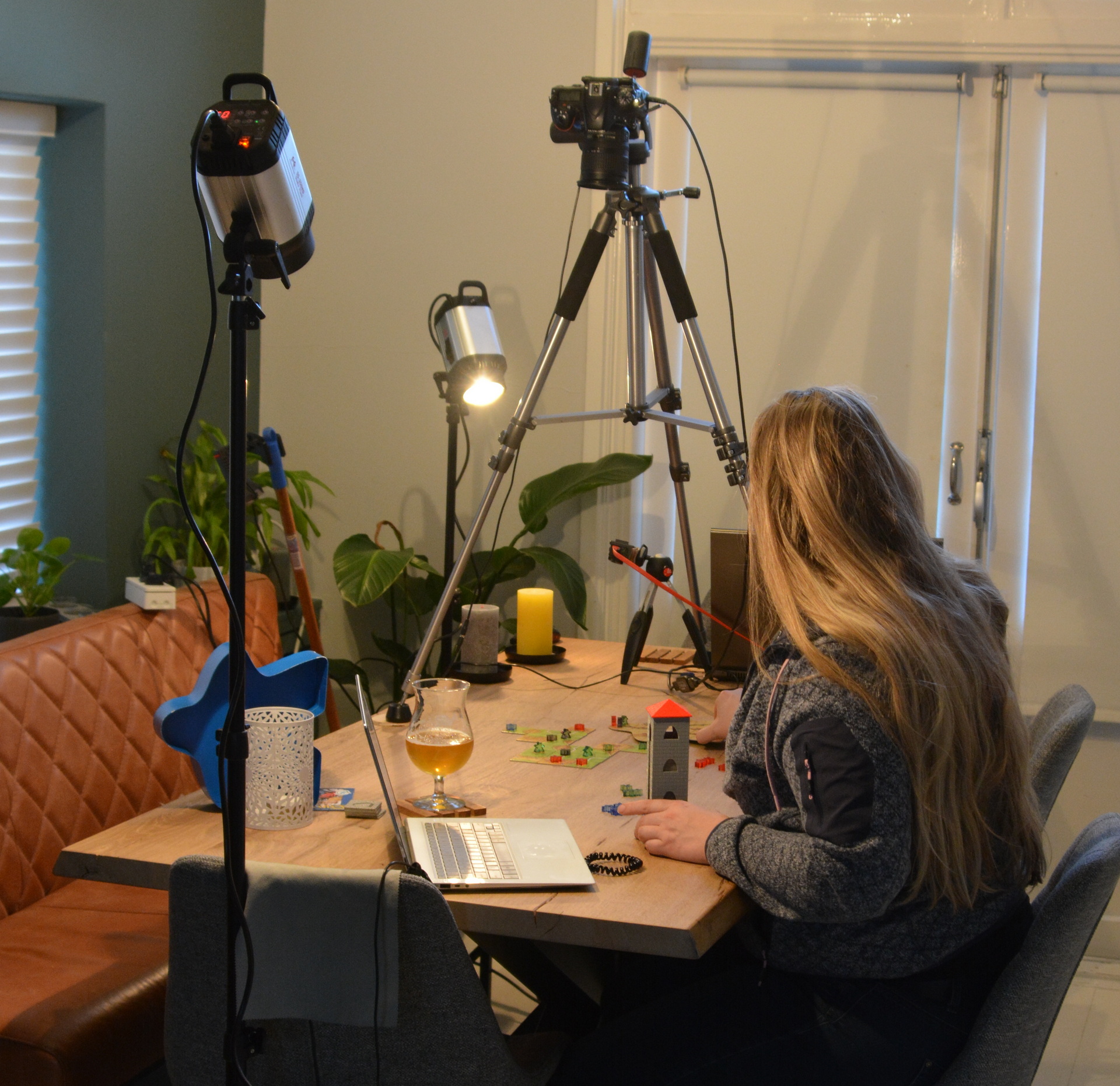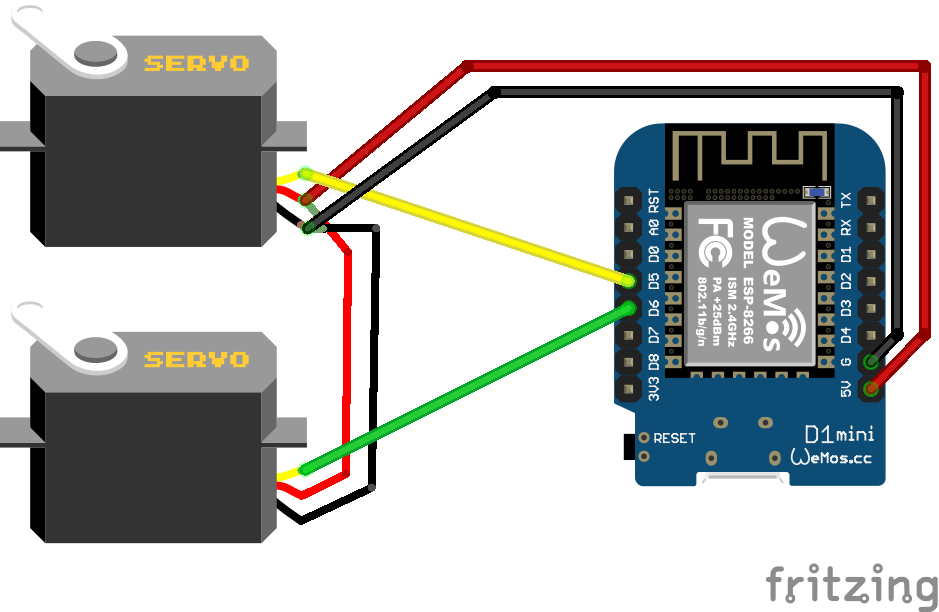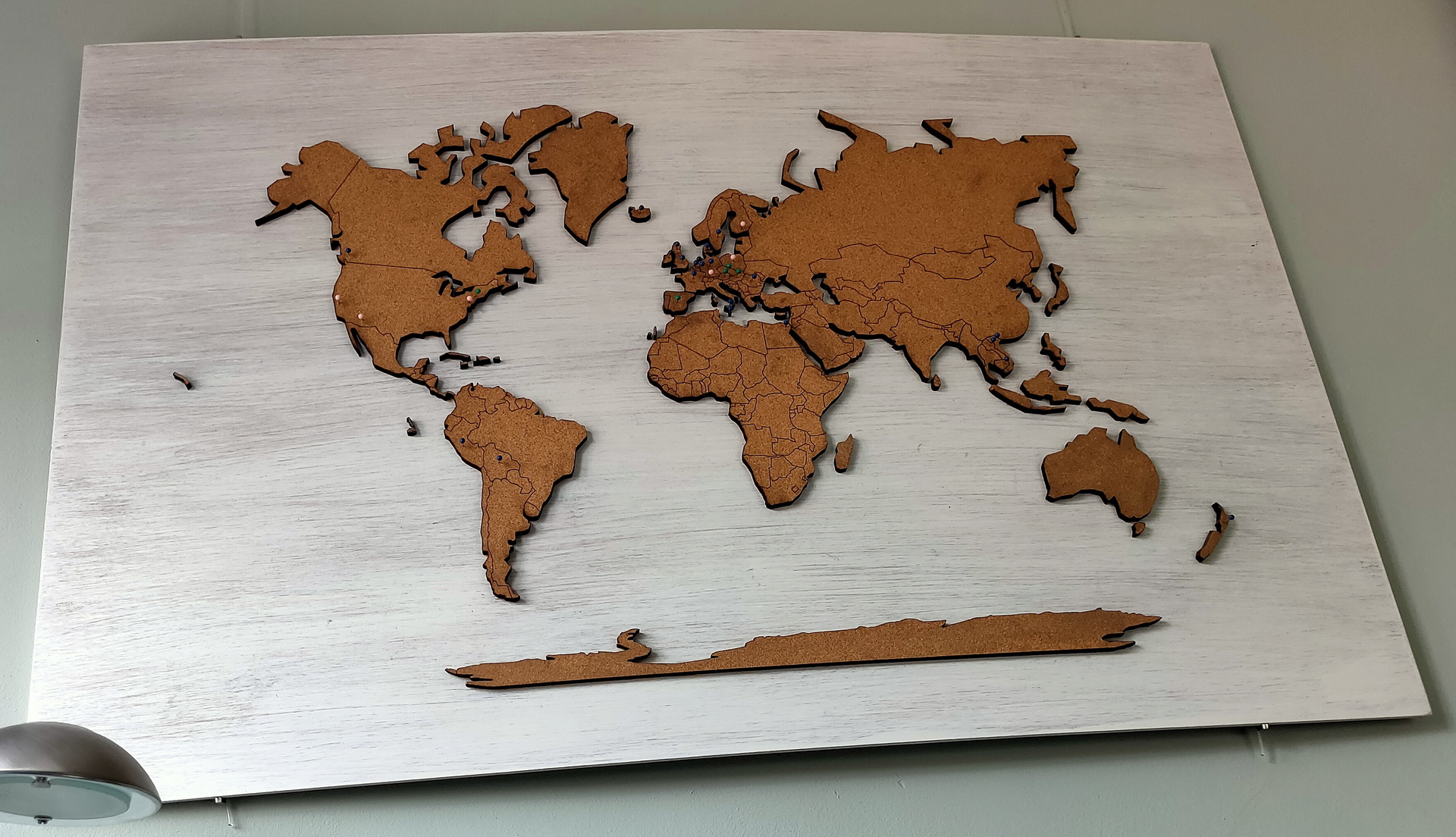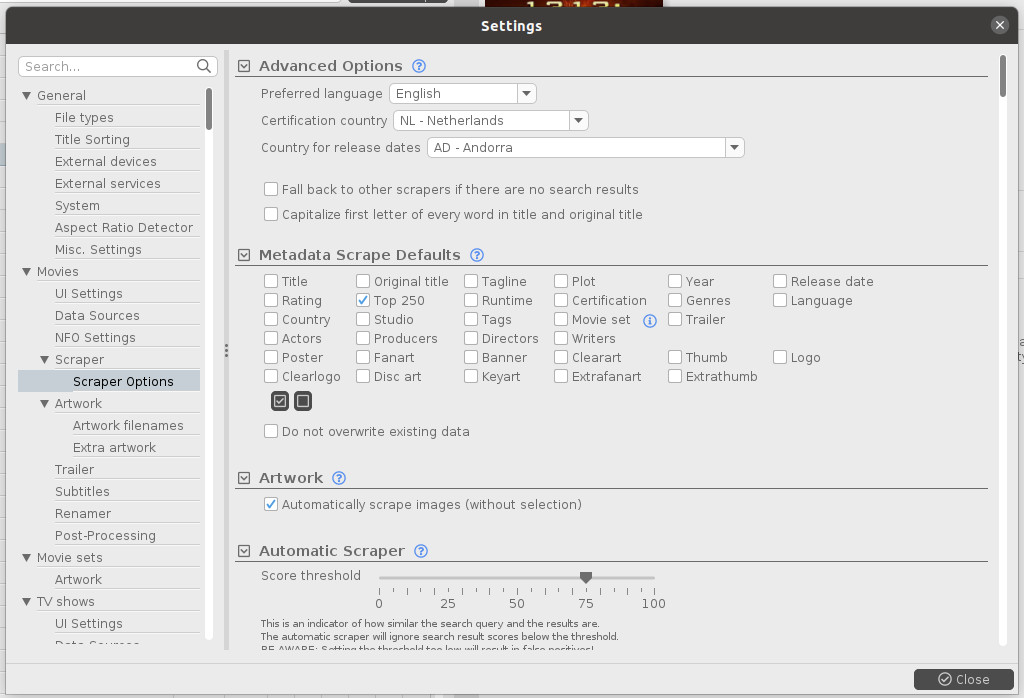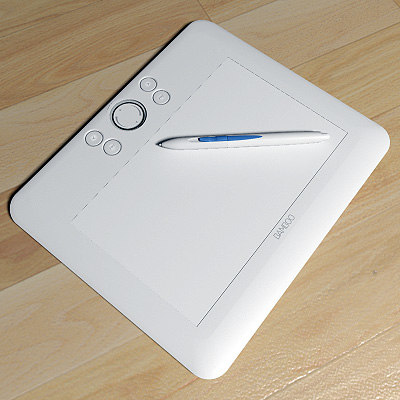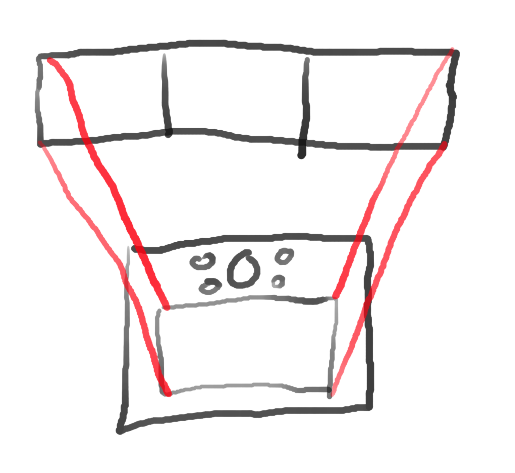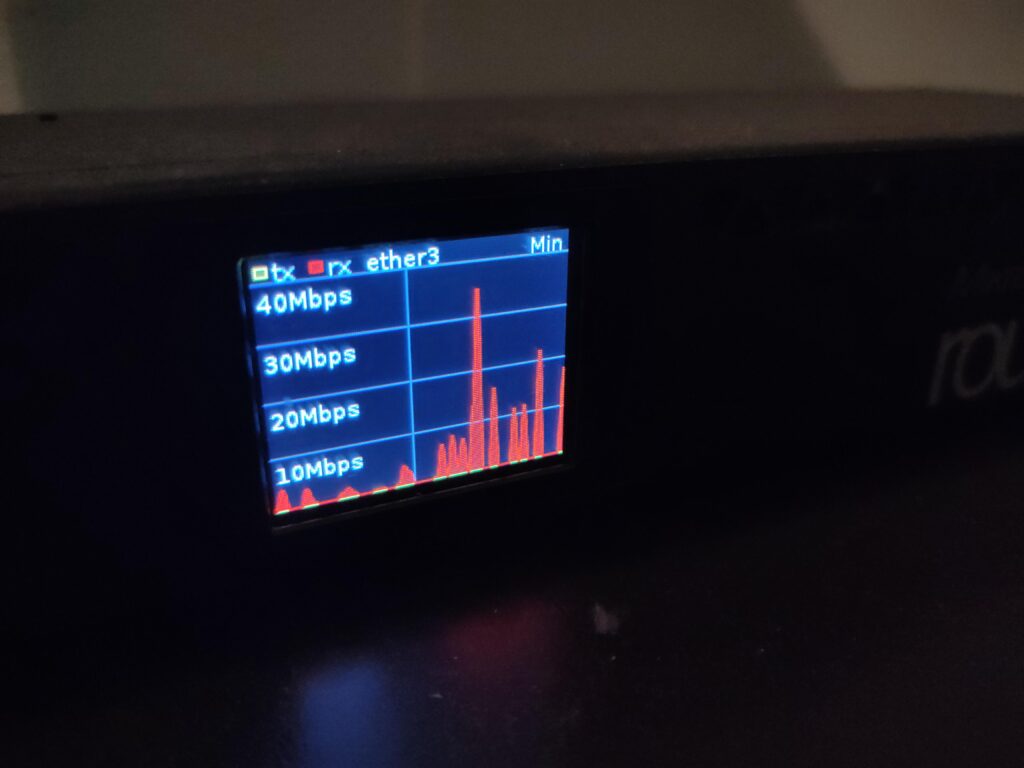I wanted to control the input of my monitors, these are my findings.
DDC – Display Data Channel
I2C – (Inter-Integrated Circuit, eye-squared-C), alternatively known as IIC, is a synchronous, multi-master/multi-slave (controller/target) bus
Getting monitor information with the ddccontrol -p command
##### PART OF THE OUTPUT #####
Detected monitors :
- Device: dev:/dev/i2c-9
DDC/CI supported: Yes
Monitor Name: VESA standard monitor
Input type: Digital
(Automatically selected)
- Device: dev:/dev/i2c-7
DDC/CI supported: Yes
Monitor Name: VESA standard monitor
Input type: Digital
- Device: dev:/dev/i2c-6
DDC/CI supported: Yes
Monitor Name: VESA standard monitor
Input type: Digital
Reading EDID and initializing DDC/CI at bus dev:/dev/i2c-9...
I/O warning : failed to load external entity "/usr/share/ddccontrol-db/monitor/AOC2490.xml"
Switching inputs
ddcutil -b 7 setvcp 0x60 0x11 # 7 is Second monitor (starts with 6), 0x60 is the input register (see below) and 0x11 is HDMI
ddcutil -b 6 setvcp 0x60 0x0f # First monitor DP (Displaylink)
alternative command
ddccontrol -r 0x60 -w 15 dev:/dev/i2c-7
List the control registers
ddccontrol -d dev:/dev/i2c-6
ddccontrol version 0.6.0
Copyright 2004-2005 Oleg I. Vdovikin (oleg@cs.msu.su)
Copyright 2004-2006 Nicolas Boichat (nicolas@boichat.ch)
This program comes with ABSOLUTELY NO WARRANTY.
You may redistribute copies of this program under the terms of the GNU General Public License.
Reading EDID and initializing DDC/CI at bus dev:/dev/i2c-6...
I/O warning : failed to load external entity "/usr/share/ddccontrol-db/monitor/AOC2490.xml"
Document not parsed successfully.
EDID readings:
Plug and Play ID: AOC2490 [VESA standard monitor]
Input type: Analog
=============================== WARNING ===============================
There is no support for your monitor in the database, but ddccontrol is
using a basic generic profile. Many controls will not be supported, and
some controls may not work as expected.
Please update ddccontrol-db, or, if you are already using the latest
version, please send the output of the following command to
ddccontrol-users@lists.sourceforge.net:
LANG= LC_ALL= ddccontrol -p -c -d
Thank you.
=============================== WARNING ===============================
Controls (valid/current/max) [Description - Value name]:
Control 0x02: +/1/2 C [New Control Value - No changes]
Control 0x04: +/0/1 C [Restore Factory Defaults]
Control 0x05: +/0/1 C [Restore Brightness and Contrast]
Control 0x08: +/0/1 C [Restore Factory Default Color]
Control 0x10: +/90/100 C [Brightness]
Control 0x12: +/50/100 C [Contrast]
Control 0x14: +/5/13 C [???]
Control 0x16: +/50/100 C [Red maximum level]
Control 0x18: +/50/100 C [Green maximum level]
Control 0x1a: +/50/100 C [Blue maximum level]
Control 0x60: +/772/4 C [Input Source Select (Main)]
Control 0x62: +/17/100 C [Audio Speaker Volume Adjust]
Control 0x6c: +/50/100 C [Red minimum level]
Control 0x6e: +/50/100 C [Green minimum level]
Control 0x70: +/50/100 C [Blue minimum level]
Control 0xac: +/6750/65535 [???]
Control 0xae: +/6000/65535 [???]
Control 0xb2: +/1/8 [???]
Control 0xb6: +/3/8 C [???]
Control 0xc8: +/5/65302 C [???]
Control 0xc9: +/8/65535 C [???]
Control 0xcc: +/4/255 [???]
Control 0xd6: +/1/4 C [DPMS Control - On]
Control 0xdf: +/513/65535 C [???]
Control 0xfe: +/4/255 [???]
Setting volume (reg 0x62) of monitor 2
ddcutil -b 7 setvcp 0x62 0x01
AOC monitor PROBLEM
You can’t switch from an input which is not active!
So my workstation is connected via DP, and i can switch to HDMI.
Now i HAVE TO use the hdmi to switch back to DP.
A solution could be to ssh into the machine connected with HDMI (passwordless login) and switch back to DP.
I made a mqtt button sending a topic that was read by the two machines using the mqtt python program elsewhere on this site.
(Rotary Mqtt Volume control)
gddccontrol
